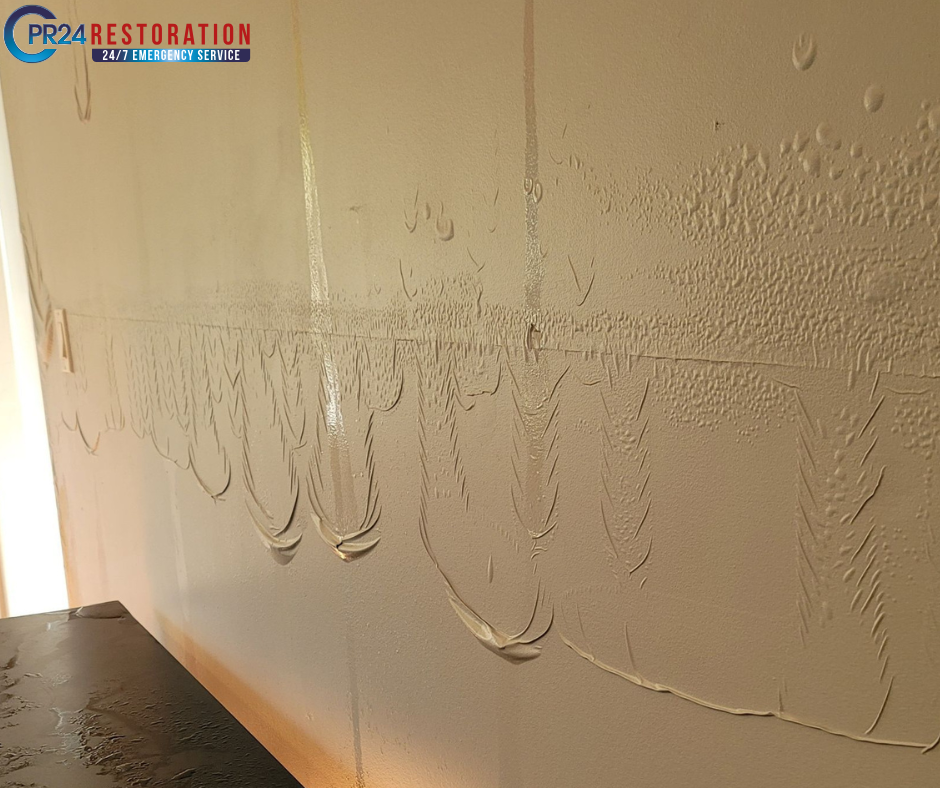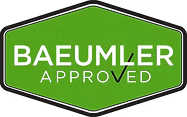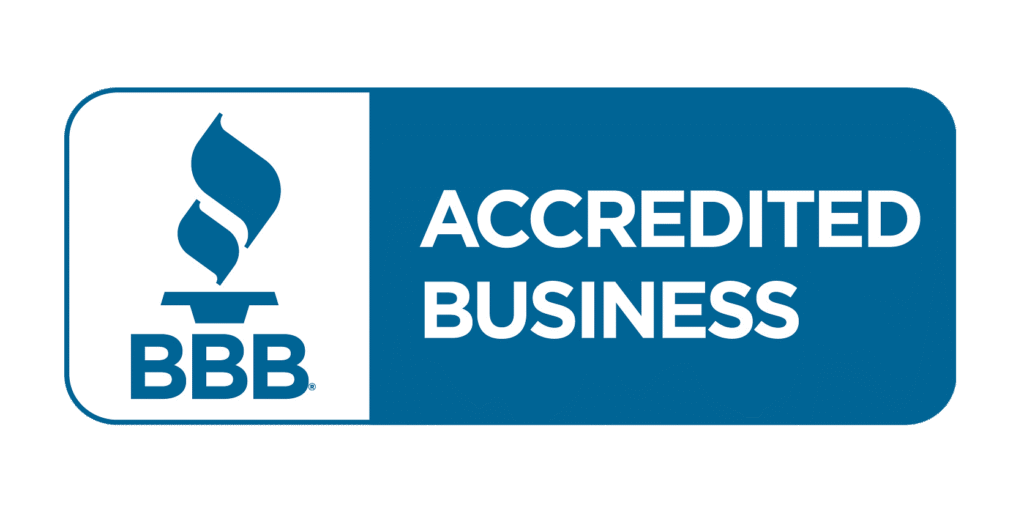When it comes to property damage, two terms often arise: water damage vs flood damage. Understanding the difference between water damage and flood damage in Toronto is crucial, as although they may look alike, they are different types of damage. Recognising the difference between water damage and flood damage Toronto can greatly affect homeowners and business owners.
Understanding the difference between water damage and flood damage is crucial for effective risk management and insurance coverage. This article will explore the differences between water damage and flood damage.
Many homeowners often ask, “Is flood damage the same as water damage?” — understanding the distinction is crucial for proper insurance coverage and restoration response. The examination will explore their causes, effects, and the insurance issues related to each.
What is Water Damage Toronto?
Water damage refers to the destruction or deterioration of property because of water intrusion. This type of damage can arise from various sources, often originating within the property itself. Common causes of water damage include:
- Plumbing Problems: Leaking pipes, burst hoses, or broken fixtures can cause a lot of water to build up in a home or business.
- Appliance Problems: Washing machines, dishwashers, and refrigerators can break down. This can cause water to leak and damage nearby areas.
- Weather-Related Issues: Severe weather, like heavy rain or hail, can cause leaks in roofs or windows. This can lead to water damage.
- HVAC Problems: Issues with heating, ventilation, and air conditioning can cause condensation or leaks. This can lead to water damage.
Water damage insurance vs flood insurance is an important distinction, as homeowner’s insurance water damage policies typically cover sudden and accidental damage, but not all types. However, it is essential to review your policy to understand the specific coverage details.
What is Flood Damage?
Flood damage is damage caused by water overflowing from natural sources. These sources include rivers, lakes, and oceans. This type of damage is often associated with severe weather events, including:
- Heavy Rainfall: Prolonged or intense rainfall can lead to water levels rising beyond their normal limits, resulting in flooding.
- Snowmelt: Rapid melting of snow can cause rivers and streams to overflow, leading to flooding in adjacent areas.
- Storm Surges: Coastal areas may experience flooding because of storm surges during hurricanes or tropical storms.
- Dam Failures: Structural failures of dams can release large volumes of water, inundating surrounding areas.
Standard homeowners insurance policies generally do not include flood damage insurance coverage. Instead, homeowners must obtain separate flood insurance to protect against this type of risk. Understanding what people consider flood damage is important, as it directly impacts insurance eligibility.
Key Differences Between Water Damage and Flood Damage Toronto
Understanding the distinctions between water damage and flood damage is vital for homeowners and property managers. Here are the primary differences:
Source of Water
- Water Damage: Typically originates from internal sources, such as plumbing failures or appliance malfunctions.
- Flood Damage: Results from external sources, such as heavy rainfall, storm surges, or overflowing rivers.
Coverage Under Insurance Policies Toronto
- Water Damage: Often covered by standard homeowners insurance policies, provided it is sudden and accidental.
- Flood damage requires a separate flood insurance policy, as standard coverage usually excludes it.
Scope of Damage
- Water Damage: Generally affects a specific area within a property, such as a room or section of a building.
- Flood Damage: Can impact multiple properties and larger areas, often resulting in widespread destruction.
Repair and Restoration Toronto
- Water Damage: Repairs may involve drying out affected areas, replacing damaged materials, and addressing mold growth.
- Flood Damage: Restoration may require extensive cleaning, structural assessments, and compliance with local floodplain management regulations.
Insurance Implications Toronto
Water Damage Insurance
Most homeowners insurance policies provide coverage for water damage, but there are important considerations to keep in mind:
- Sudden and Accidental: Coverage typically applies to water damage that occurs suddenly and unexpectedly. For example, an insurance policy would likely cover a burst pipe, while it may not cover gradual leaks.
- Maintenance Issues: Insurance companies may deny claims for water damage resulting from lack of maintenance or negligence. Regular property upkeep is essential to ensure coverage.
- Homeowners should check their policy limits and exclusions. This helps them understand their water damage coverage in homeowner’s insurance.
Flood Insurance Toronto
Flood insurance is a separate policy that provides coverage specifically for flood-related damage. Key points to consider include:
- National Flood Insurance Program (NFIP): Many homeowners get flood insurance from the NFIP. It covers both buildings and personal property.
- Waiting Period: There is usually a 30-day waiting period before flood insurance starts. It is important to buy coverage early to protect against possible flooding.
- Flood insurance policies have set coverage limits. They usually cover up to $250,000 for the building and $100,000 for personal belongings.
Does insurance cover flood damage or does insurance cover water damage are among the most frequently asked questions — and the answer depends on the event type and your policy details.
Assessing Your Risk Toronto
Evaluating Water Damage Risks Toronto
To mitigate the risk of water damage, homeowners should consider the following:
- Regular Inspections: Conduct routine inspections of plumbing systems, appliances, and roofs to identify potential issues before they escalate.
- Proper Drainage: Ensure that gutters and downspouts are clear and functioning correctly to prevent water accumulation around the foundation.
- Emergency Preparedness: Make a plan for water damage emergencies. Know where the shut-off valves are and keep emergency contacts handy.
Evaluating Flood Damage Risks Toronto
Assessing flood damage risk involves understanding the property’s location and environmental factors:
- Flood Zones: Check if your property is in a flood zone. You can do this by looking at local flood maps and resources.
- Elevation: Properties situated at higher elevations are generally at lower risk for flooding.
- Community Infrastructure: Think about how well local flood control measures work. This includes levees and drainage systems that help reduce flood risks.
Preventive Measures Toronto
Preventing Water Damage
Homeowners can take proactive steps to reduce the likelihood of water damage:
- Maintain Plumbing: Regularly inspect and maintain plumbing systems to prevent leaks and failures.
- Install Water Alarms: Think about putting in water leak detection systems. These can warn you about problems before they cause major water damage.
- Seal vulnerable areas by properly sealing windows, doors, and roofs to prevent water intrusion during storms.
Preventing Flood Damage Toronto
While it may be challenging to prevent flooding entirely, there are measures that can help mitigate risks:
- Landscaping: Use landscaping techniques, such as grading and planting vegetation, to direct water away from the property.
- Flood Barriers: Consider installing flood barriers or levees to protect against rising water levels.
- Community Engagement: Participate in local initiatives aimed at improving flood management and infrastructure.
Understanding the difference between water damage and flood damage Toronto is essential for homeowners and property managers. By understanding the different causes of flood damage and types of water damage, property owners can make better choices.
They can also learn about insurance and ways to prevent each type of damage. This knowledge helps protect their investments.
Regular maintenance is important. Getting the right insurance is also essential.
Using risk management strategies can help too. These steps can reduce water damage vs flood damage to your property.
By staying informed and prepared, you can safeguard your home or business against the unexpected challenges posed by flood damage vs water damage — and ensure you understand the nuances of flood vs water damage insurance to make the right coverage choices.








